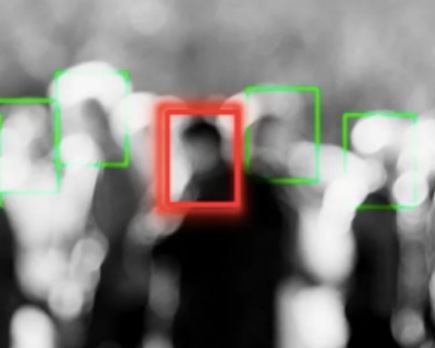Randall Reid, 28, was mistakenly arrested on November 25 in DeKalb County, Georgia, on the basis of a fugitive warrant issued by Louisiana authorities using facial recognition technology. Reid’s lawyer, Tommy Calogero, claims Reid’s arrest was mistakenly linked to purse thefts in Jefferson Parish and Baton Rouge.
Reid, who is Black, has raised the issue of racial disparities in the use of facial recognition technology, which reportedly misidentifies people of color at a higher rate than white people.
Reid claims he has never visited Louisiana and does not steal.
All though it’s controversial, Facial recognition technology has been used widely in Communist China.
CNET had these details to add:
Facial recognition supporters in the US often argue that the surveillance technology is reserved for the greatest risks — to help deal with violent crimes, terrorist threats and human trafficking. And while it’s still often used for petty crimes like shoplifting, stealing $12 worth of goods or selling $50 worth of drugs, its use in the US still looks tame compared with how widely deployed facial recognition has been in China.
China’s facial recognition system logs nearly every single citizen in the country, with a vast network of cameras across the country. A database leak in 2019 gave a glimpse of how pervasive China’s surveillance tools are — with more than 6.8 million records from a single day, taken from cameras positioned around hotels, parks, tourism spots and mosques, logging details on people as young as 9 days old.
The Chinese government is accused of using facial recognition to commit atrocities against Uyghur Muslims, relying on the technology to carry out “the largest mass incarceration of a minority population in the world today.”
“China uses facial recognition to profile Uyghur individuals, classify them on the basis of their ethnicity, and single them out for tracking, mistreatment, and detention,” a bipartisan group of 17 senators said in a letter to Secretary of State Mike Pompeo on March 11. “And these technologies are deployed in service of a dystopian vision for technology governance, that harnesses the economic benefits of the internet in the absence of political freedom and sees technology companies as instruments of state power.”

